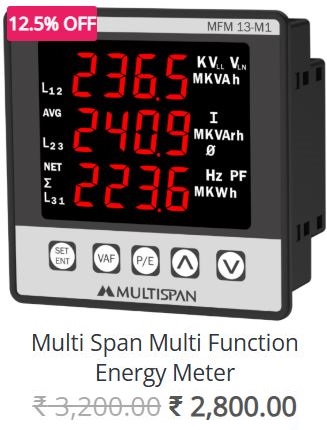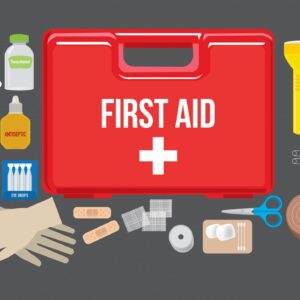Boilers are essential components in various industries, from manufacturing and power generation to residential heating. While they are generally safe when properly maintained, boiler explosions can be catastrophic, leading to injuries, loss of life, and significant property damage. Understanding the causes and implementing strict safety measures is key to preventing such incidents.
What Causes Boiler Explosions?
Boiler explosions typically occur due to a combination of mechanical failure, human error, and poor maintenance. Common causes include:
-
Low water levels: When water levels drop too low, the boiler can overheat, weakening metal parts and leading to failure.
-
Pressure buildup: If safety valves malfunction or pressure control systems fail, excess pressure can cause an explosion.
-
Corrosion and scale buildup: These reduce heat transfer and can lead to overheating and rupture.
-
Fuel combustion issues: Improper firing can lead to the accumulation of unburned fuel, which may explode when ignited.
Key Safety Measures to Prevent Boiler Explosions
1. Regular Maintenance and Inspections
Routine inspections by certified professionals help detect issues like cracks, leaks, or malfunctioning valves. Annual inspections should be non-negotiable, while daily checks ensure safe operating conditions.
2. Water Level Monitoring
Install reliable water level indicators and automatic feedwater systems. Operators should check water levels frequently and respond immediately to anomalies.
3. Pressure Relief Valves
Ensure all pressure relief valves are correctly rated and functioning. These are the last line of defense against dangerous pressure buildups.
4. Proper Training for Operators
Untrained personnel are a significant risk factor. Operators should be thoroughly trained in boiler operation, emergency procedures, and routine safety checks.
5. Install and Test Safety Controls
Modern boilers come with multiple safety controls like flame sensors, pressure switches, and temperature limit controls. Test these controls regularly to ensure they function correctly.
6. Preventive Maintenance for Fuel Systems
Clean burners and fuel supply lines regularly to avoid blockages and ensure efficient combustion. Fuel system issues are a common trigger for explosions.
7. Water Treatment
Implement a proper water treatment program to prevent scale and corrosion. Poor water quality is one of the leading causes of boiler damage.
8. Emergency Shut-off Procedures
Have clearly defined and well-practiced emergency shutdown procedures. Operators should know how to act quickly in the event of abnormal pressure or temperature readings.
Conclusion
Preventing boiler explosions requires a combination of technology, training, and vigilance. While no system is entirely without risk, a proactive approach to maintenance and safety can reduce the chances of an explosion to near zero. Remember: safety isn’t just a checklist—it’s a culture. Investing in proper training, routine maintenance, and quality equipment not only prevents disasters but also ensures the longevity and efficiency of your boiler systems.














